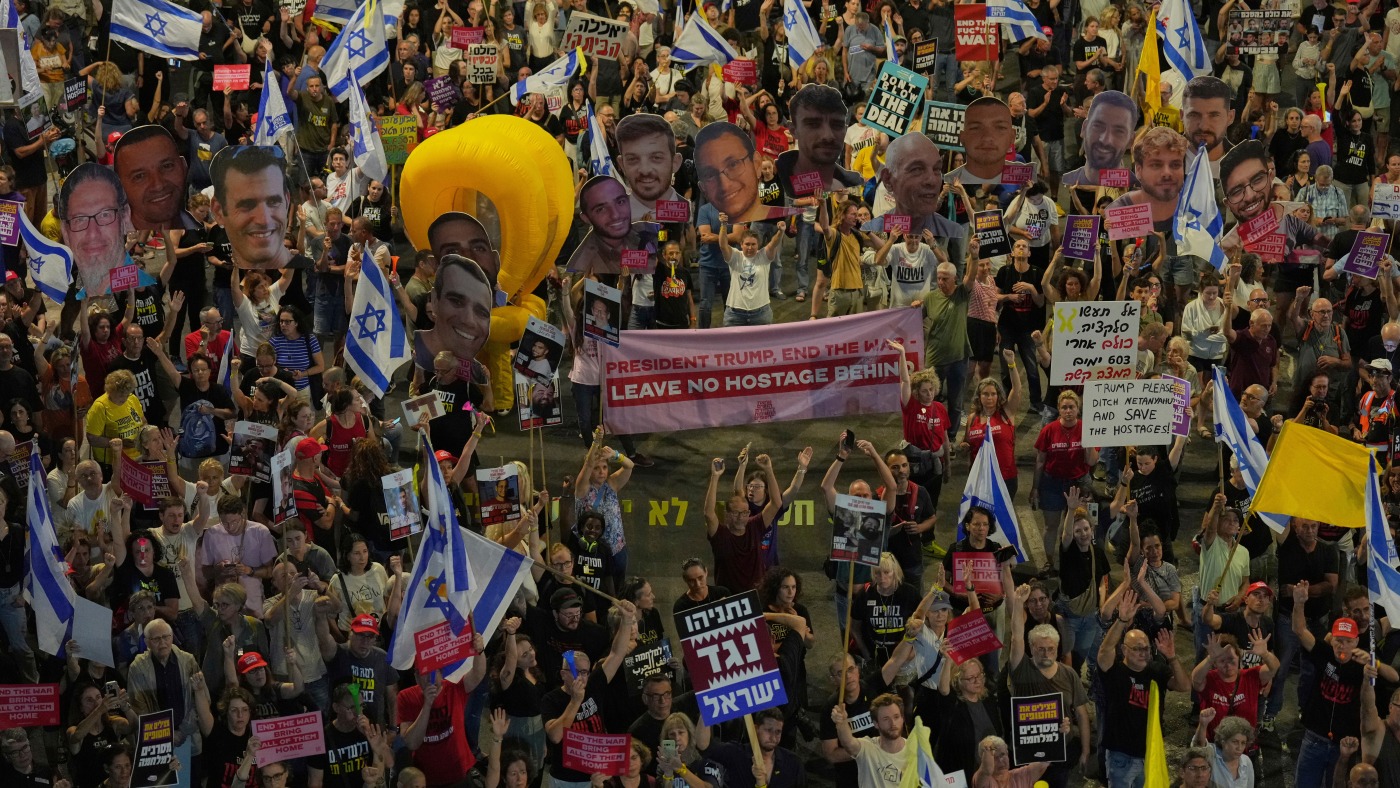Recovering Lives Amid Conflict: The Complex Reality of Hostage Retrieval in the Israel-Gaza War
Setting the Stage: The October 7 Attack and Its Aftermath
The brutal Hamas assault on southern Israel on October 7, 2023, shattered any lingering illusions of tranquility in the region. This large-scale attack resulted in numerous kidnappings, including Israeli-American citizens, thrusting the hostage crisis to the forefront of Israel’s national consciousness. Among those abducted were Judith Weinstein-Haggai and Gad Haggai, whose dual citizenship underscored the international dimensions of the conflict. Their plight became emblematic of the human suffering woven into the fabric of this ongoing war, propelling Israel into a relentless campaign to neutralize Hamas and recover abductees.
The Recovery Operation: Military Precision Amid Human Tragedy
The Israeli military’s successful retrieval of the Haggais’ bodies in southern Gaza, coordinated with Shin Bet, marks a critical juncture in this harrowing saga. It exemplifies Israel’s unwavering commitment to honoring every citizen affected, whether alive or deceased, amid one of the most hostile military environments in recent memory. Prime Minister Netanyahu’s public announcement conveyed not only condolences but a firm message of state resilience and capability in confronting such daunting challenges.
This operation highlights the delicate balance between military necessity and humanitarian sensitivity in a densely populated, volatile theater. Retrieving hostages or remains amid urban warfare is fraught with peril, evidencing both tactical expertise and profound emotional weight.
The Ongoing Military Campaign and Its Heavy Toll
While recovering the bodies was a moment of closure for the families involved, it occurred amid a continuation of heavy Israeli military strikes on Gaza. The reported deaths—including civilians and journalists—cast a shadow over the operation’s success, contributing to the mounting humanitarian crisis. Urban warfare in Gaza presents tactical nightmares: militants deeply embedded within civilian populations complicate Israeli efforts, with every strike potentially sparking international condemnation and increasing civilian suffering.
This reality underlines the impossibility of disengaging military objectives from their human consequences in this conflict.
Political and Emotional Underpinnings: More Than a Military Feat
Hostage recovery and body returns transcend battlefield logistics, carrying immense symbolic and political weight. For Israeli society, such events evoke deep emotional responses—grief, closure, and renewed resolve. Moreover, these actions often play into larger diplomatic and negotiation strategies, where the handling of hostages and remains can serve as leverage or signals in peace talks or ceasefire efforts.
Simultaneously, the retention or exchange of bodies, including those of Palestinian militants, fuels ongoing cycles of grievance and retribution, echoing the entrenched complexities of Israeli-Palestinian relations.
Humanitarian Concerns and Media Realities
The inclusion of journalists among the casualties during recent strikes reverberates internationally, spotlighting the dangers faced by media entities trying to document conflict realities. This intensifies debates around military ethics in urban conflict and the protection obligations owed to non-combatants.
The war’s toll on Gaza’s civilian population is immense and multifaceted, driving global calls for renewed diplomatic engagement to stem violence and alleviate suffering.
Conclusion: A Stark Reminder in a Landscape of Conflict
The recovery of Judith Weinstein-Haggai and Gad Haggai’s bodies represents a solemn milestone amid persistent violence and uncertainty. It personalizes the conflict’s human cost and the grief that pulses beneath the political narrative. Yet, their story is but one among many still unresolved, underscoring the urgent need for paths to peace amid continuing hostility.
The operation is emblematic of the intertwining of military resolve and humanitarian vulnerability—a stark reminder that in this prolonged conflict, every tactical gain carries profound human meaning. It challenges all parties and observers to reckon not only with strategic realities but with the imperative to seek dialogue and justice, aiming to break cycles of violence and safeguard lives.











